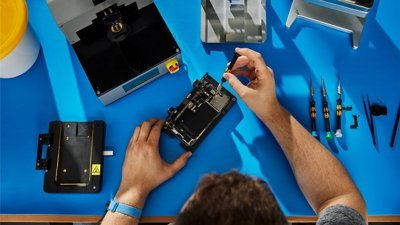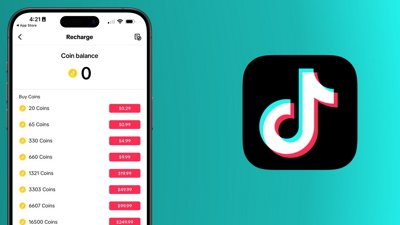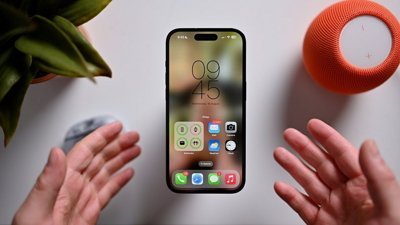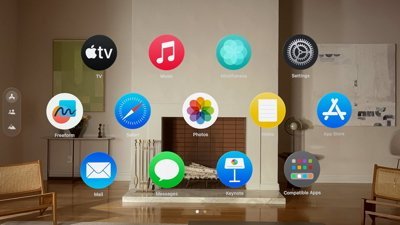Android Oreo exits developer beta program, coming to Google's Pixel, Nexus soon
Google's latest version of Android has been named. Android Oreo is complete, has exited developer-only beta testing, and is coming soon to the Pixel, Nexus 5X and Nexus 6P.
The builds for Google's current crop of devices is in carrier testing, and should roll out soon — but no firm timetable is available for the release. The Nexus Player device, and Pixel C tablet are next on the slate for releases.
Beyond Google's own devices, it is unclear when other manufacturers will adopt the new release. Also not certain is which specific devices will get the software upgrade.
The "Fluid Experiences" updates to Android O was started off by the addition of a picture-in-picture mode, shrinking the app down so another can be used alongside it. Hitting the home button while a video is playing places it into the picture-in-picture mode, with the smaller video able to be swiped away when it is no longer required.
Video apps including YouTube and Netflix will support the multitasking function, but it will also be usable by other apps as well, including Google Maps. This could feasibly allow someone traveling to a destination to access the camera app while still being able to see where to go on the map.
Notification Dots are small dots on the app's icon, advising that the app has a notification for the user, a function that has been used on iOS for a considerable amount of time. A long press of an icon with the dot will bring up a small menu just above the icon, detailing the notifications without opening the app.
Google is also expanding the utility of autofill, the feature that automatically places a user's details into a form, from Chrome to apps. Android now provides suggestions for usernames and other details that can be placed into forms within apps that are being used elsewhere, saving the user from retyping the data.
Text selection is being given an overhaul, with machine learning being used to make it easier to select individual words or sentences. After analyzing text, Android will automatically select names, addresses, and other commonly highlighted details, saving the user from adjusting the selected area manually.
The second major section, "Vitals," covers behind-the-scenes elements of Android that impact speed and security of the operating system. The boot time of Android O is twice as fast as the current publicly-available version of Android, with Google having made "extensive changes" to the Android runtime to optimize it.
"Wise Limits" are a way to prevent apps from draining the battery or taking up precious resources. The limits will primarily affect any apps running or executing in the background, allowing them to run, but minimizing their impact on the system's overall performance.
Google Play Protect is a new service for automatically keeping apps safe by regularly scanning them for issues. While Google already performs scanning of apps within Google Play itself, the program is more to do with educating users that various security measures are being performed, with notifications regularly appearing in the Google Play Store whenever apps are updated.
 Mike Wuerthele and Malcolm Owen
Mike Wuerthele and Malcolm Owen














 Marko Zivkovic
Marko Zivkovic
 Andrew Orr
Andrew Orr
 Wesley Hilliard
Wesley Hilliard
 Malcolm Owen
Malcolm Owen
 Amber Neely
Amber Neely


 Christine McKee
Christine McKee






20 Comments
Lol!! “Wise Limits” who does their marketing? Also I’m guessing (yes purely a guess) that it still won’t touch iOS on the efficiency front.
40% royalty to ILM for Android, 40% royalty to Nabisco for Oreo...
And the fragmentation of the Android market only continues to worsen. . .
So will all the idiots who claimed Android offered "true multitasking" now take back their comments now that Android has taken a feature from iOS?